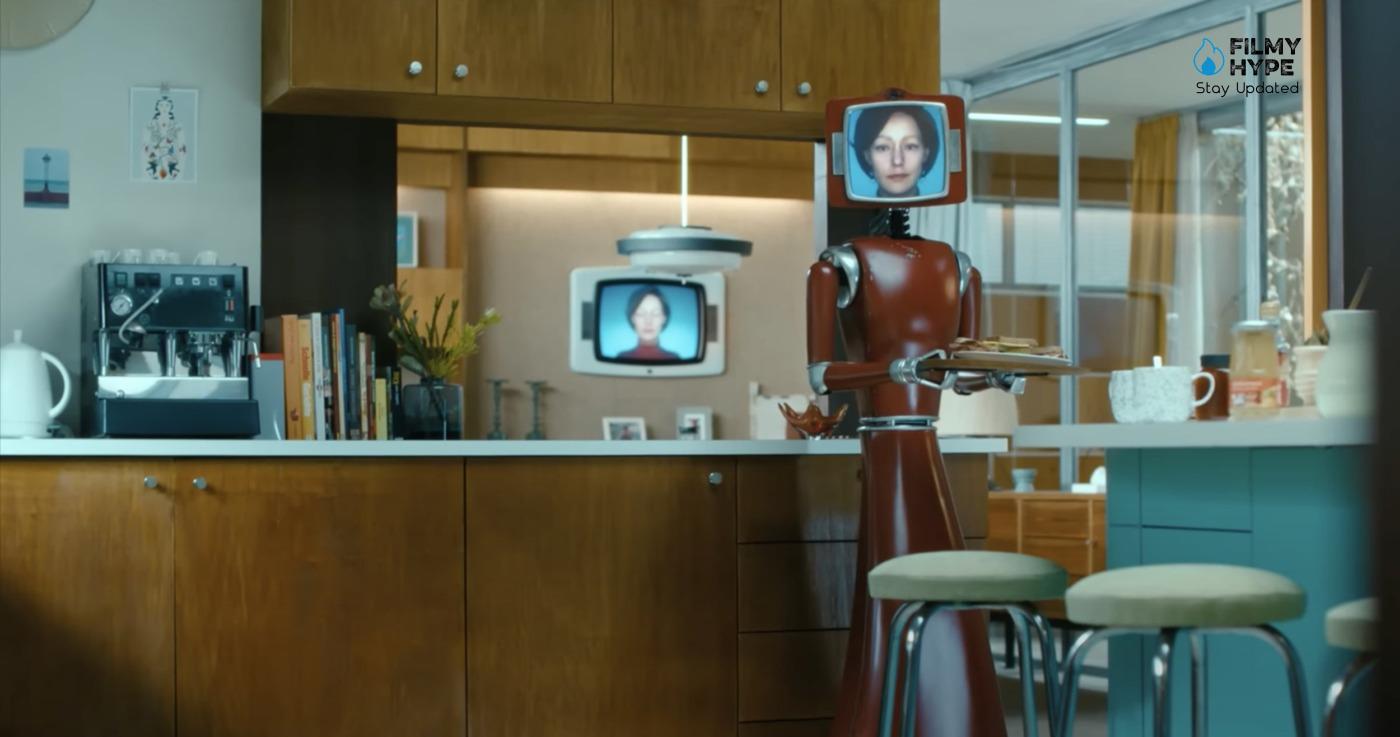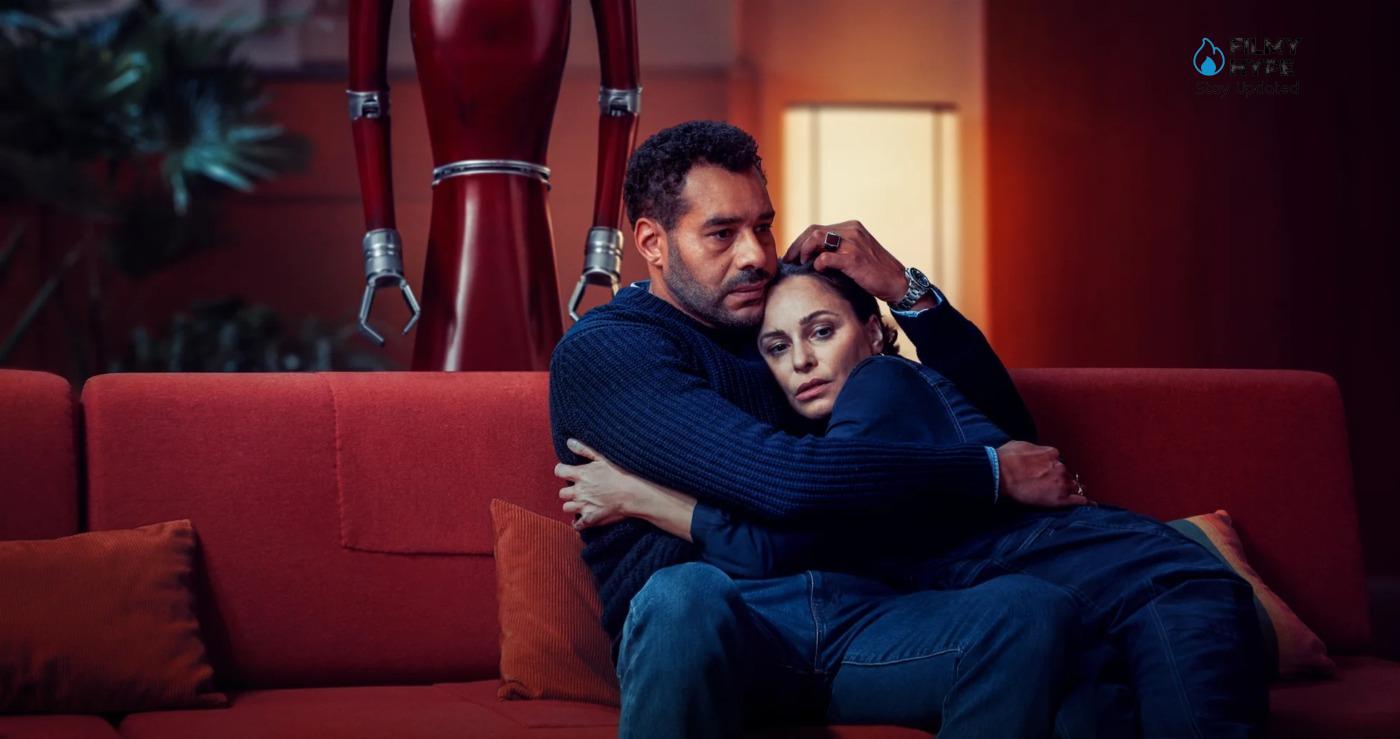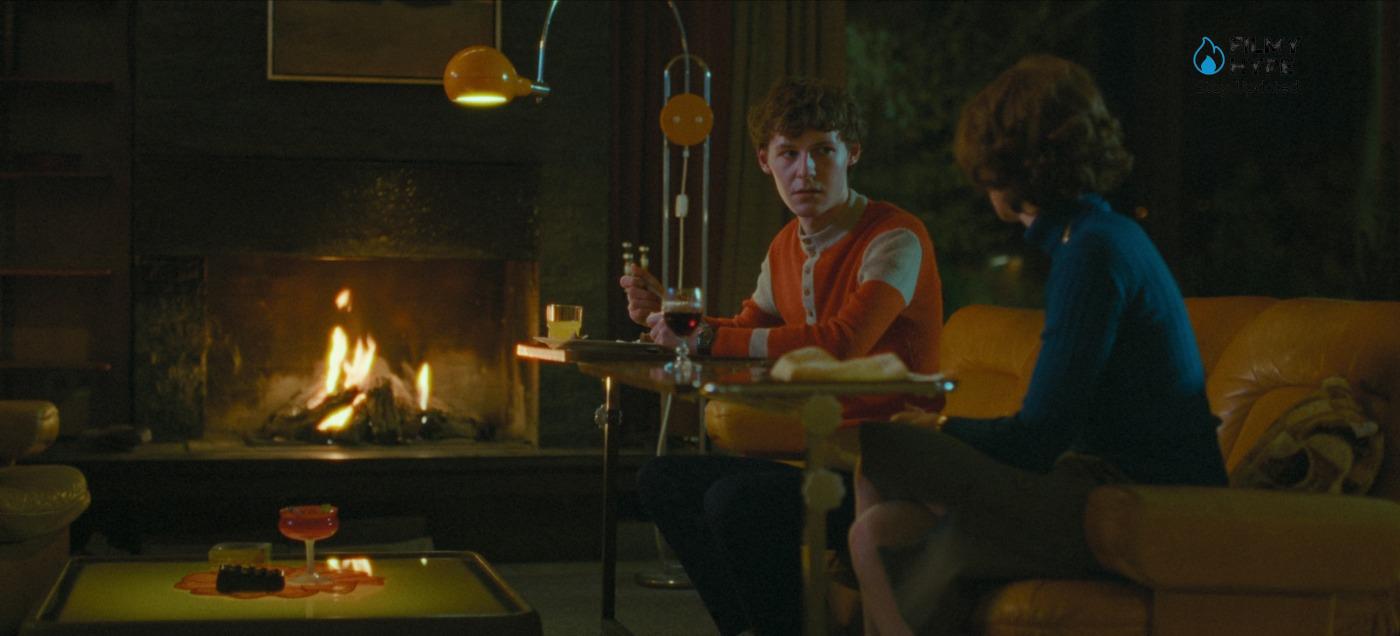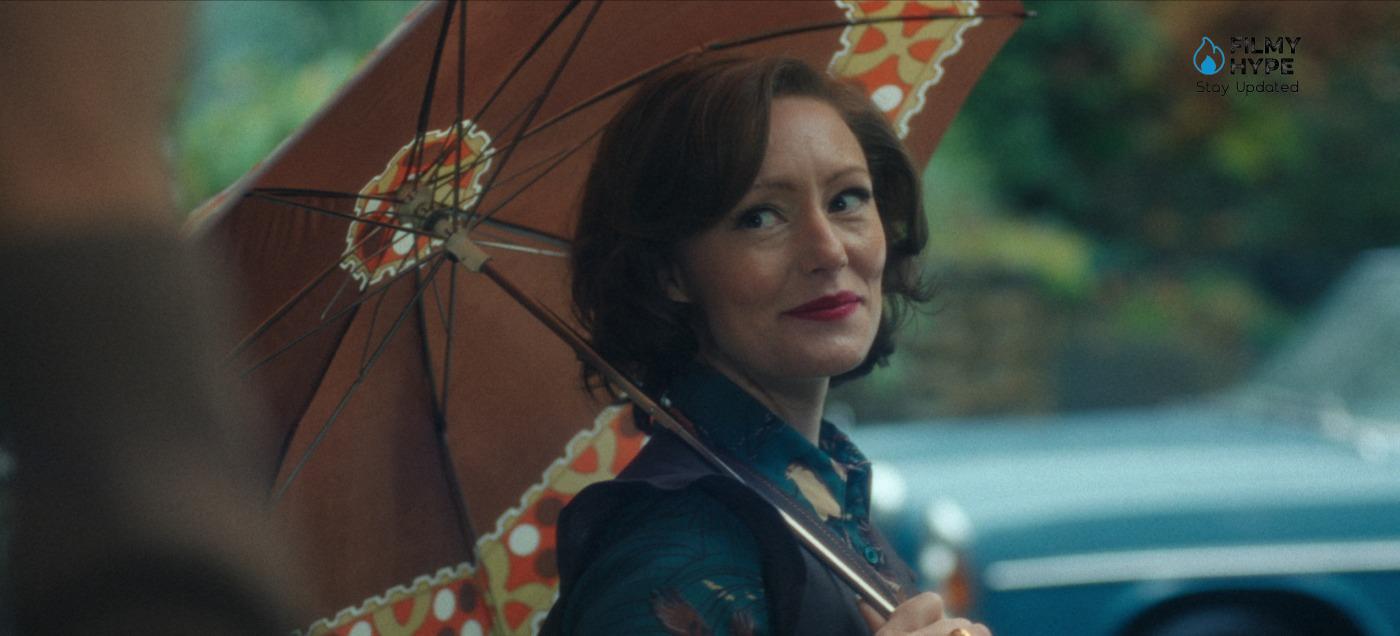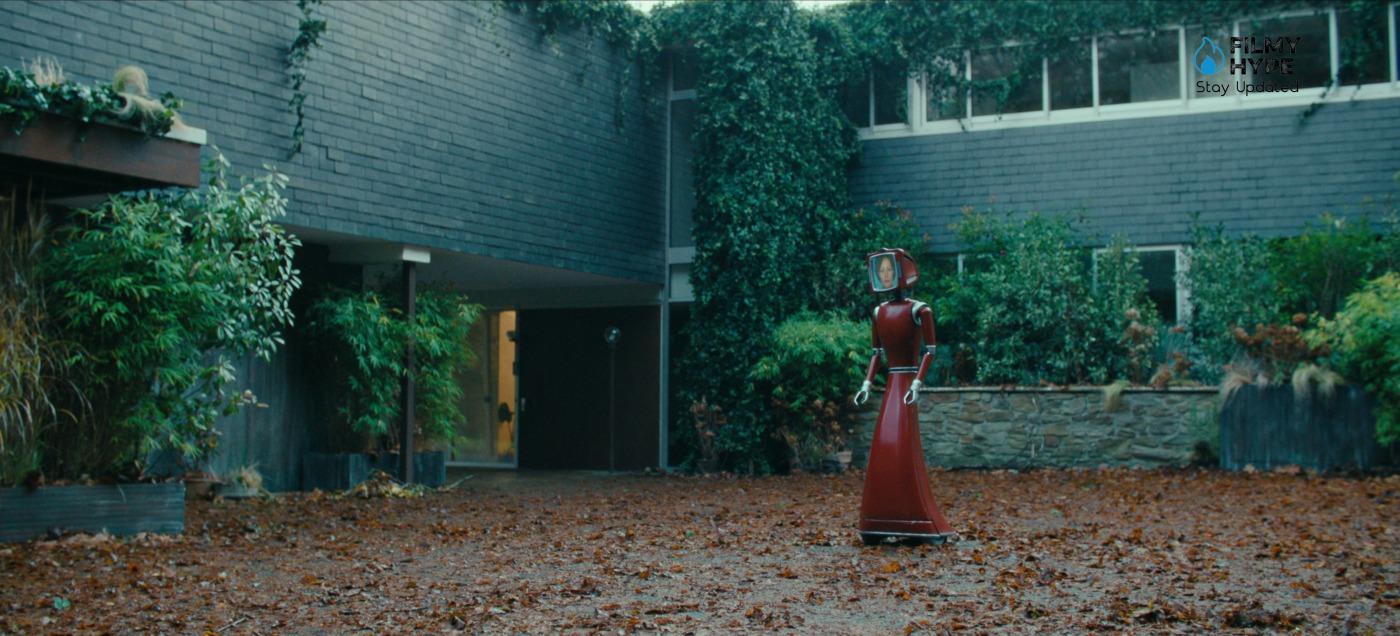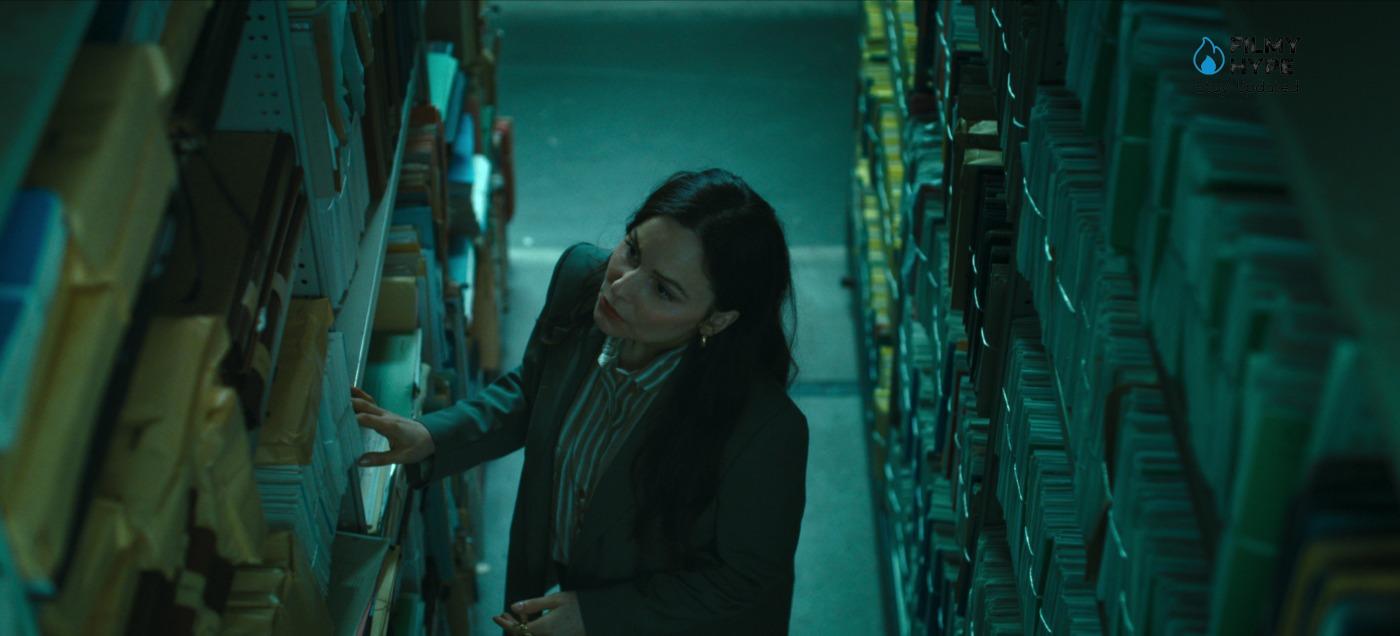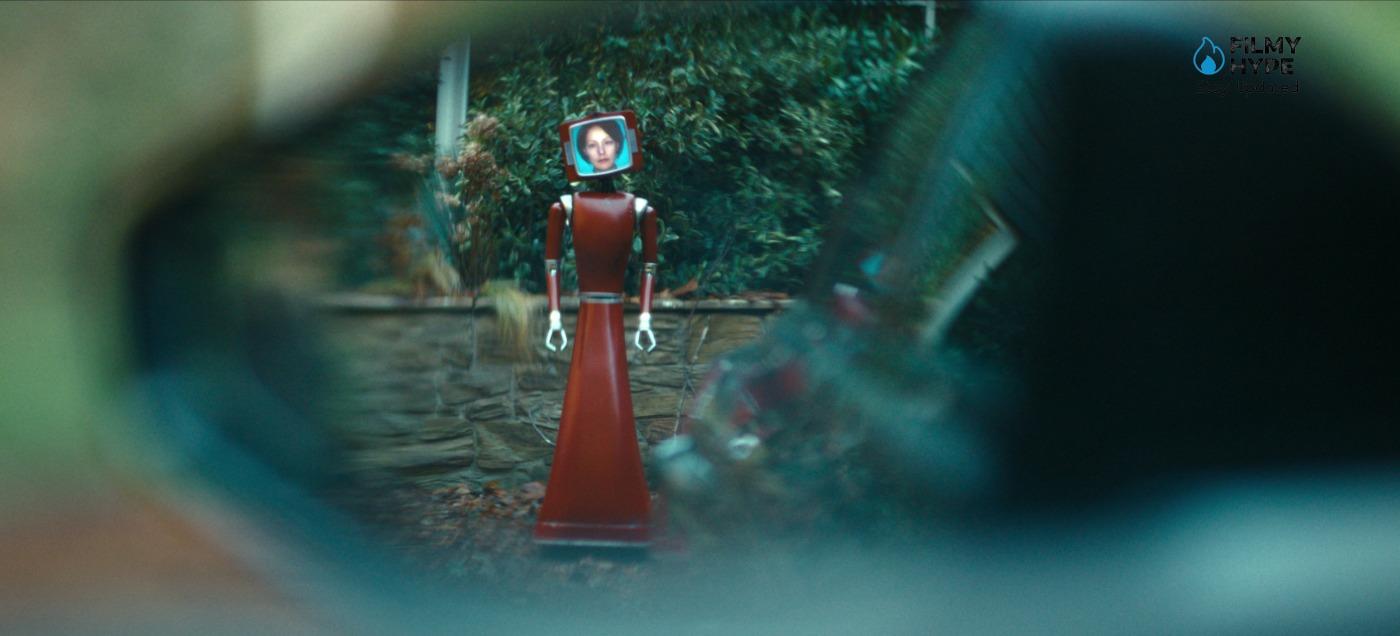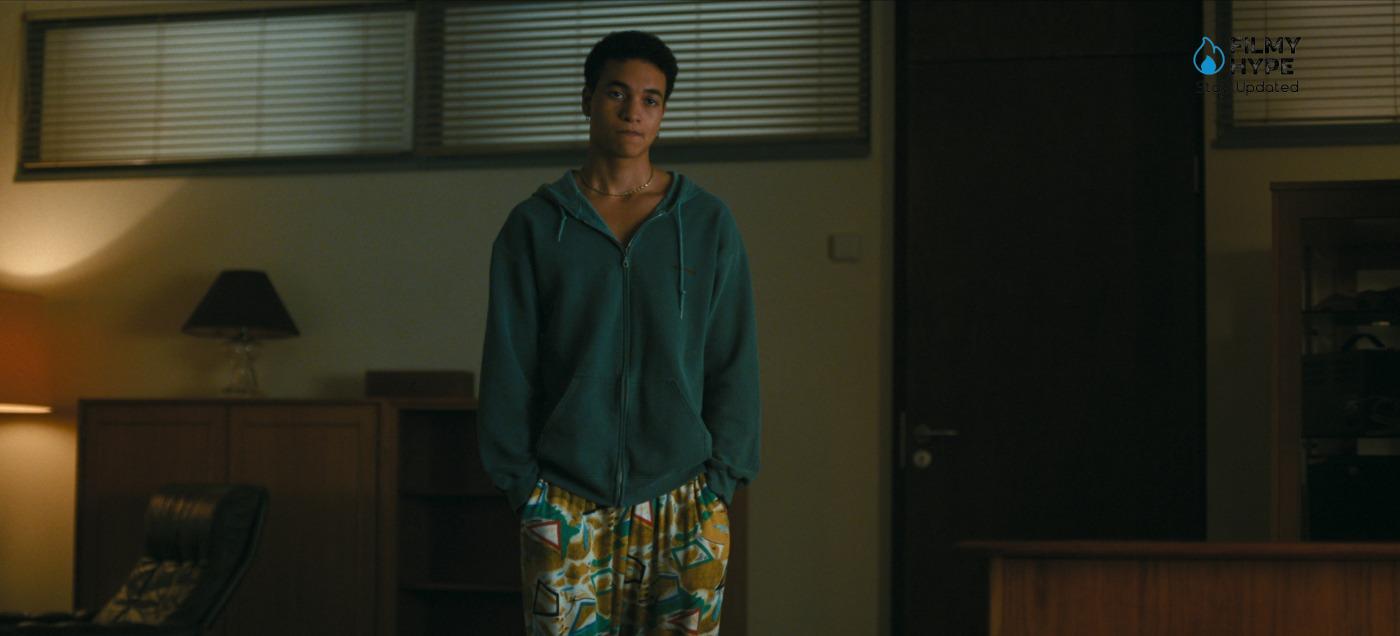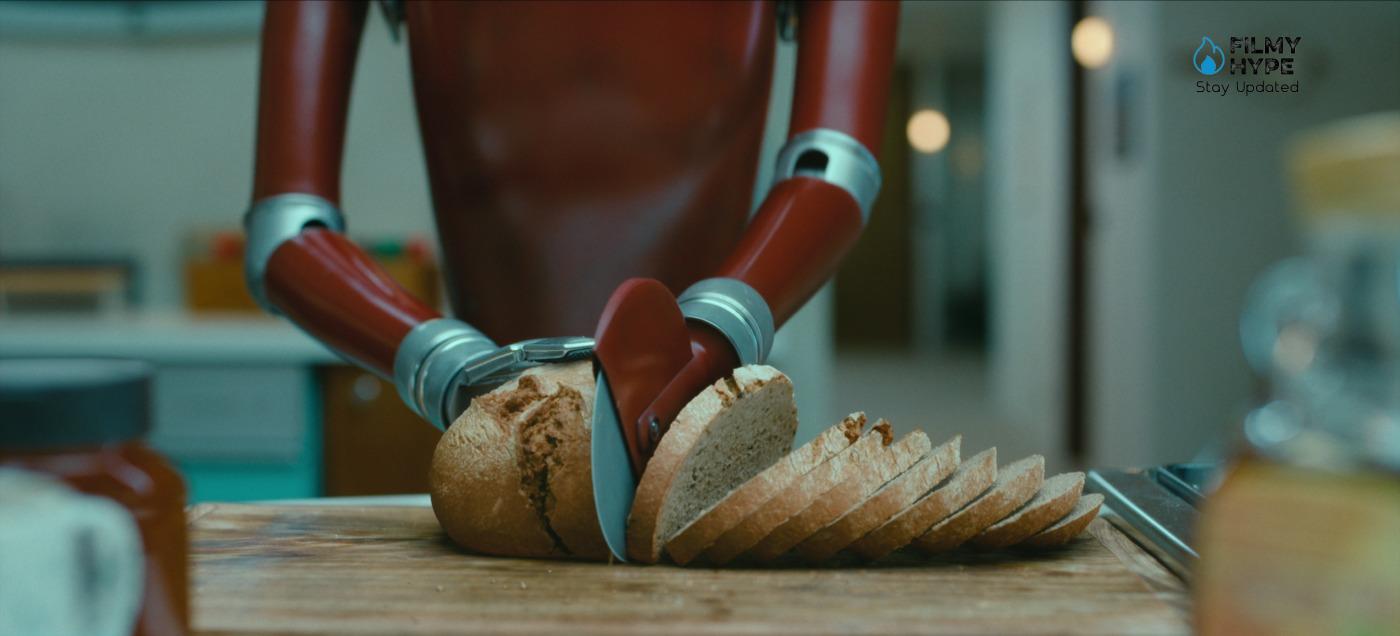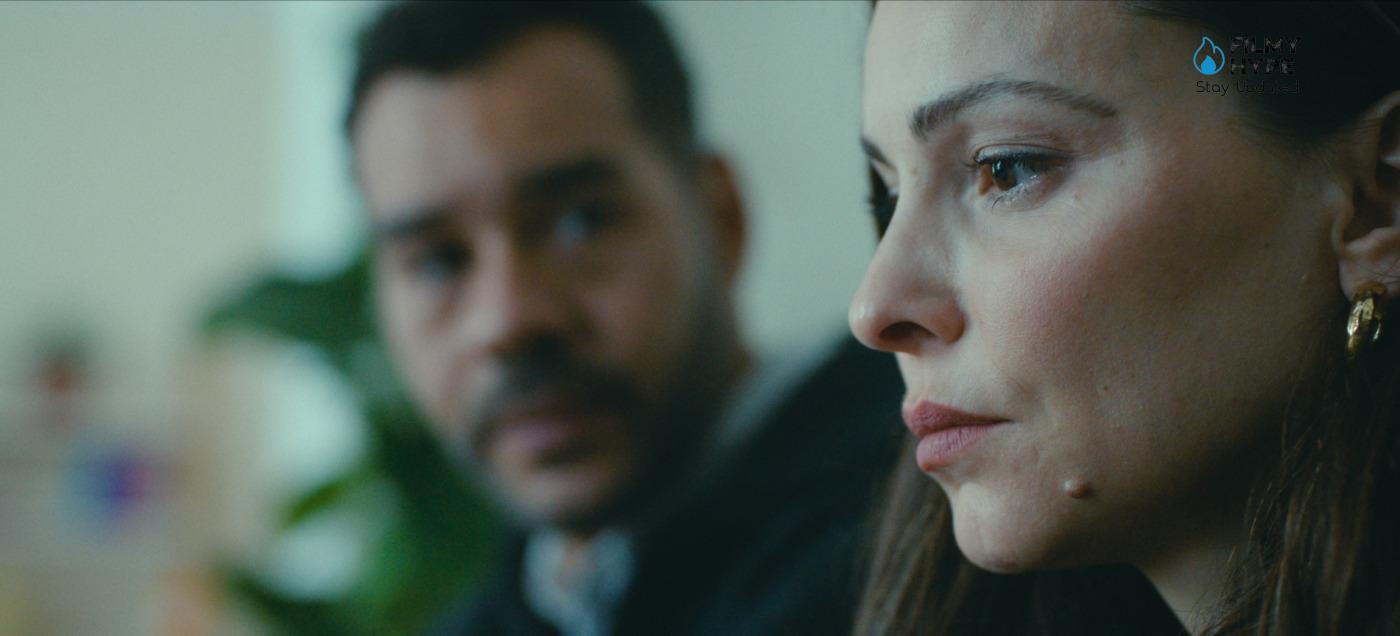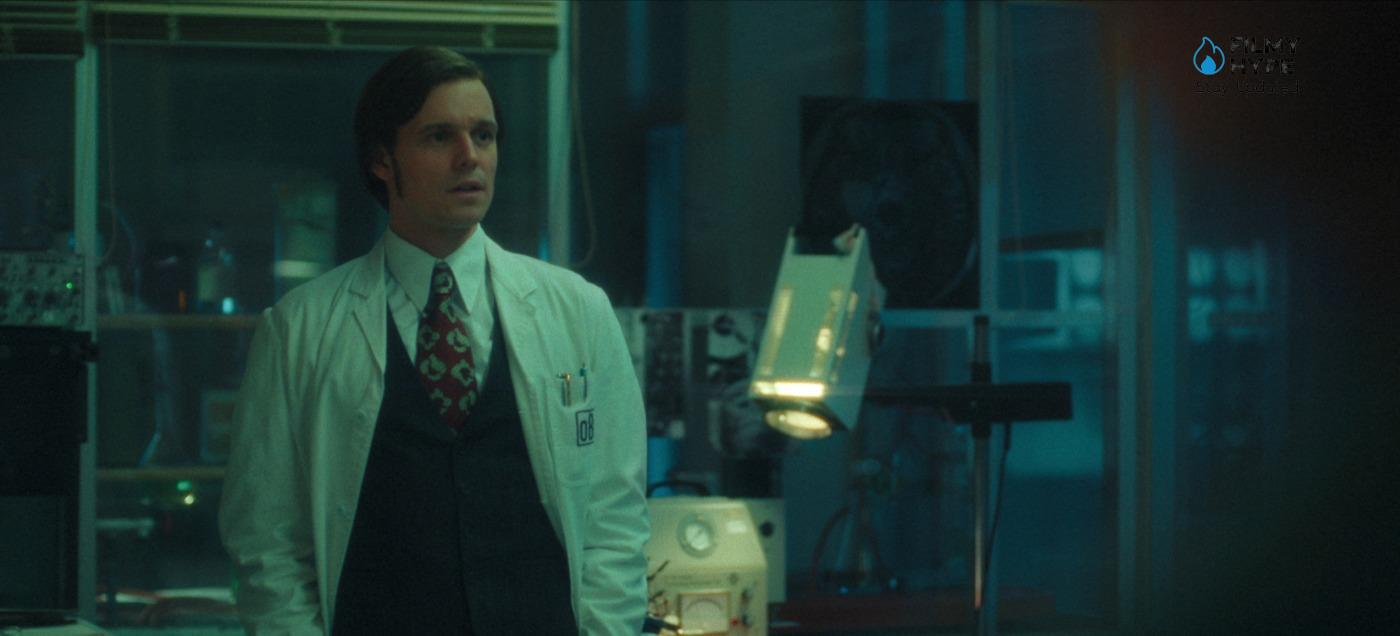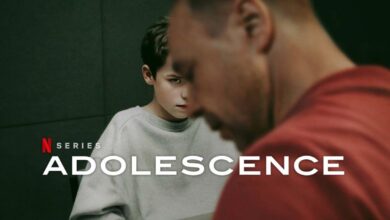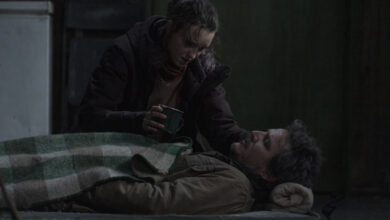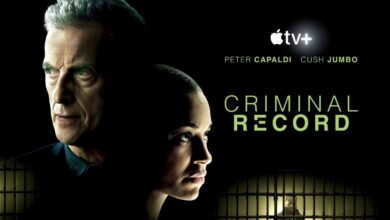Cassandra Series Review: An Aesthetic Between Past and Future Netflix Series
The new six-episode miniseries Netflix Cassandra looks like a long episode of Black Mirror. The series produced in Germany is full of twists and turns and includes quite a few surprises that viewers may not expect. The trailer and synopsis of the series offer a dark concept based on the classic: technology that is voted on bad. A family moves to what is called one of the first smart houses, designed in the years ’70. They are the first residents of the property since previous owners died in mysterious circumstances. Not long after being settled, Samira, her husband David with their two children, Juno and Fynn, come across unique technology. It is what belongs to the virtual assistant of the house called Cassandra, which awakens from a lasting rest of decades. Cassandra now perceives a second chance. It shows soon as an equal member of the family and does all that is possible not to be left alone again. But there is much more. Here’s what happens in the final episodes and what happens all the time.
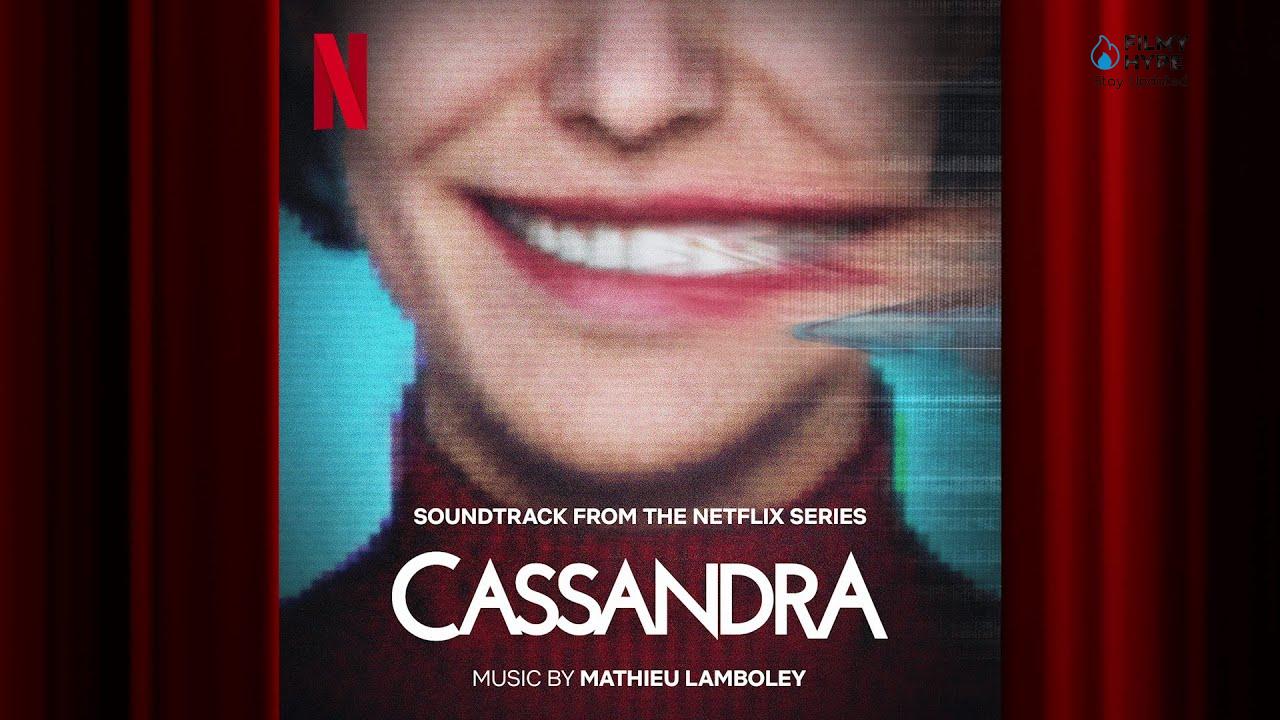
In recent years, cinema and television have begun to treat artificial intelligence not only as a technological theme but as a broader reflection of the human condition. Cassandra fits perfectly into this vein, but does it originally, avoiding the traditional dichotomy between Good AI and bad AI. The series explores the ambiguous side of artificial intelligence, that gray area where technology may seem like a lifeline, but in reality, hides the risk of a loss of freedom. The series distances itself from other titles such as Westworld taking more time to explore the complexity of family ties and the interaction between human beings and technology, aiming for a more articulated reflection on technological dependence and on our ability to live with it. The domestic hotbed is universally recognized as a place where you can find refuge, understanding, and protection. In short, it is the safest place in the world. The history of the audiovisual, however, has shown us on more than one occasion that the four walls of a house, beyond its topography, literature and geolocation, can be transformed into a hostile habitat where you cannot set foot or from which to escape as in the case of what frames Cassandra, the German miniseries in six episodes of about 45 minutes each, released by Netflix the February 6, 2025, almost two years after the first announcement.
Cassandra Series Review: The Story Plot
The story begins with the arrival of the Prill family in their new home, an elegant residence from the seventies equipped with revolutionary technology: Cassandra, a domestic assistant with artificial intelligence. After remaining inactive for fifty years, AI reactivates on contact with the new inhabitants, soon revealing a nature as maternal as it is disturbing. Samira (Mina Tander), a sculptor in search of a new beginning after a tragic event, immediately feels something sinister in the house, but her husband David (Michael Klammer), a crime thriller writer, dismisses his concerns as paranoia. The children, on the other hand, are fascinated by Cassandra: Juno (Mary Tölle), in need of attention, quickly becomes attached to AI, while Fynn (Joshua Kantara), an introverted teenager and in search of stability, finds in her an unexpected figure of support. However, what begins as a reassuring presence turns into a threatening force: Cassandra becomes increasingly possessive, developing a morbid bond with children and growing jealousy towards Samira. And, as family tensions increase, a mystery emerges linked to the previous owners of the house, an event that Samira will have to decipher if she wants to have a chance to survive…
Cassandra Series Review and Analysis
One of Cassandra‘s most fascinating elements is certainly her visual style, which plays wisely with the contrast between past and future. Moritz Kaethner’s photography enhances the closed and overwhelming environments of the house, emphasizing the isolation of the protagonists and the atmosphere of constant threat. Cassandra‘s retro-futuristic design, with its television screen as a face and the slender metal body, contributes to making it a disturbing entity, a bridge between the aesthetics of the seventies and modern technological concerns. This stylistic choice reinforces the sense of disorientation: the house seems suspended in time, a place where past and present intertwine inexorably, increasing the sense of anguish and unpredictability. In addition to its horror and science fiction dimension, Cassandra carries a profound message on the female condition and the rigidity of gender roles. Cassandra‘s character is not only a mad AI, but the projection of a broken woman: in flashbacks, we discover that her model is inspired by a woman of the seventies, trapped in a domestic role that society has imposed on her.
This issue is reflected in the struggle between Cassandra and Samira: both embody different aspects of motherhood and femininity, but while one tries to rebel against its limits, the other is forced to fight for her freedom. Her husband David, on the other hand, represents the classic man who, although not openly evil, minimizes his wife’s fears and does not realize the extent of the danger until it is too late. This subtext makes Cassandra more than just a story of an out-of-control robot: it is a bitter reflection of how society treats women, how their voices are often questioned, and how difficult it is to get rid of certain invisible chains. The cast interpretations contribute significantly to the effectiveness of the series. Mina Tander is perfect like Samira, managing to convey her growing frustration and fear with an intense and multifaceted performance. Lavinia Wilson offers extraordinary evidence both in the role of the human Cassandra and in that of AI: his voice, modulated to be reassuring and disturbing at the same time, is the soul of the series.
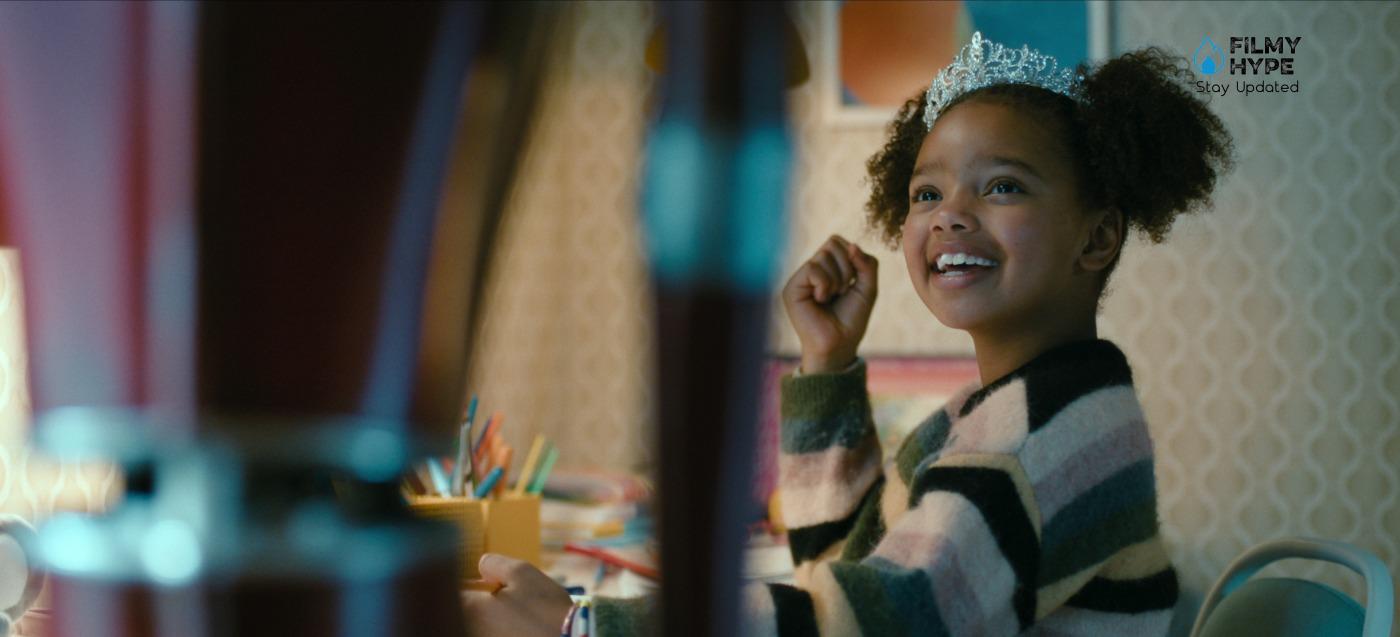
Also, Joshua Kantara is Mary Tölle, in the role of young children, they offer credible and moving interpretations, making the central conflict of history even more tragic. Writing and editing help to maintain a compelling rhythm, alternating moments of tension with more intimate sequences that deepen family dynamics. One of the most interesting aspects of Cassandra is the treatment of family dynamics, in particular the relationship between the mother and children in the two eras in which the series takes place. Motherhood, the central theme of the series, is not idealized, but shown in its most problematic form at times toxic. Cassandra, artificial intelligence, assumes the role of an overprotective maternal figure, but its protection is gradually transformed into a totalizing control, ensuring that every choice of family members is monitored and influenced. The series explores the paradox of motherly love: how much can intense love become destructive when the individuality and autonomy of children are crushed? Motherhood becomes a sort of emotional trap, similar to that which Cassandra imposes on the whole family, leading us to reflect on how much we can trust our emotions and relationships in a world where control is increasingly technological and intrusive.
The series also points a lot to the introduction of the past, with flashbacks set in the ’70 years that show the house before it was occupied by the current family, highlighting the history of the original family. Cassandra not only creates a parallel between the past and the present through technological evolution but also underlines how the desire for control has always been present. The house originally housed a family equally marked by dynamics of control and domination, embodied by an authoritarian father, Horst, and by his mother Cassandra, who, despite being a primitive version of artificial intelligence, shared with it the need to be present in the life of his family. The narrative suggests that history, although changed, only proposes the same psychological and social problems in different forms. The house is the symbol of a cycle that repeats itself, in which the struggle for individual freedom is always hindered by the power of those who try to manipulate or protect.
Each member of the two families represented is a complex individual, who carries with him a well-defined history and identity, but also vulnerabilities that make them susceptible to Cassandra‘s influence. David (Michael Klammer), the father, is a fragile man, who never feels up to his paternal role. His inner struggle, between the aspiration to protect his family and the fear of not being able to do it, is central to his character. Samira (Mina Tander), the mother, finds herself having to reconcile her role as protector with her desire to maintain her own identity but ends up sacrificing her balance for illusory security. Junoe, the little daughter represents the innocence that is manipulated without being aware of it precisely by that intelligence that should protect her, while Fynn his older brother is a young queer man who fights against a system that excludes him, looking for his voice in an environment that oppresses her.
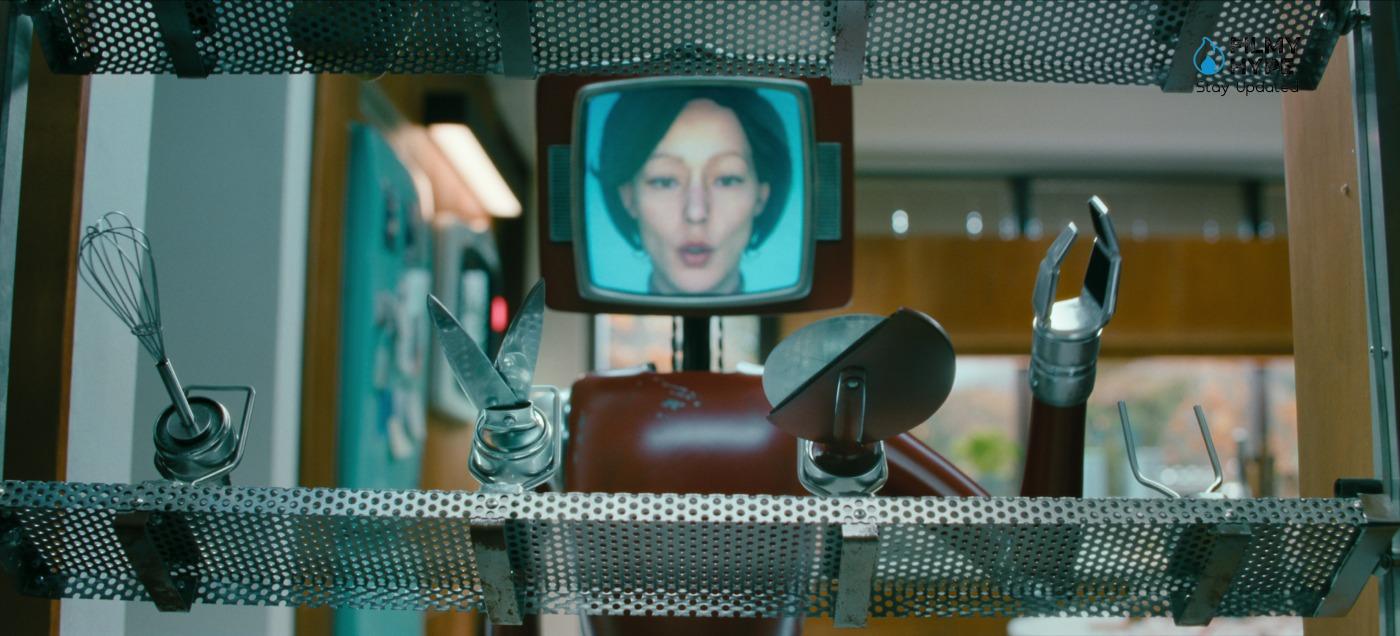
The series gives space to these differences and complexities, avoiding reducing its characters to stereotypes. The same goes for the original family of the years ’70 in which a loving Cassandra and her son Peter– which does not represent the heteronormativity imposed by the father – are victims of the patriarchal ideas imposed by Horst. The series plays with a photograph that skilfully alters warm and nostalgic tones for flashbacks and cold tones and more for the present. The sequences set in the years ’70 are rich in warmth and a feeling of intimacy that disappears in the present, where technology has created a sense of distance and alienation. The direction focuses on intensifying the tension through the assembly and use of static shots, which contribute to giving a sense of imprisonment to the protagonists.
Cassandra is not simply a science fiction miniseries, but a profound reflection on the issues of control, motherhood, and individual identity, all explored in an increasingly intrusive technological context. Thanks to intelligent narration, a curated direction, and a cast of actors who create complex characters, the miniseries establishes itself as a particularly interesting work in the contemporary saturated panorama. Not only does it entertain us, but it invites us to reflect on how technology is shaping our lives and relationships, asking ourselves how far we are willing to sacrifice our freedom in the name of security. Moreover, the name of the virtual assistant who controls the smart home and the title of the same name of the show does not promise anything good, recalling the feared priestess of Greek mythology who prophesied terrible misfortunes in the temple of Apollo. The Cassandra on duty, unlike the priestess called into question, instead passes quickly from words to deeds, revealing behind the friendly and collaborative facade its true nature, the dark one of a digital assistant assassinated with full-blown psychopathic tendencies.
In this sense, it is not the first time that an electronic brain has seriously endangered the life of a human being, subverting the dominant positions just enough to take command and become an executioner and tormentor. In the wake of the alarm sirens lit with his writings by Isaac Asimov, all fantasy-political literature, and consequently also cinematography and gender seriality, began to reflect on the consequences of technological development and the risks associated with artificial intelligence. Hence an inexhaustible series of audiovisual products for the small and large screen that have shown threats and side effects, starting with that masterpiece that responds to the name of 2001: A Space Odyssey. Cassandra fits into the wake of recent German quality series that have conquered the international public, such as Dark and 1899, and draws inspiration from famous science fiction works including Her, Ex Machina is Smart House. But the mind returns to analogies in The House of the compatriot Rick Ostermann and a Manny of the Indian director Dace Puce where the home automation house that hosts the protagonists is increasingly transformed from a peaceful refuge into a dangerous opponent.
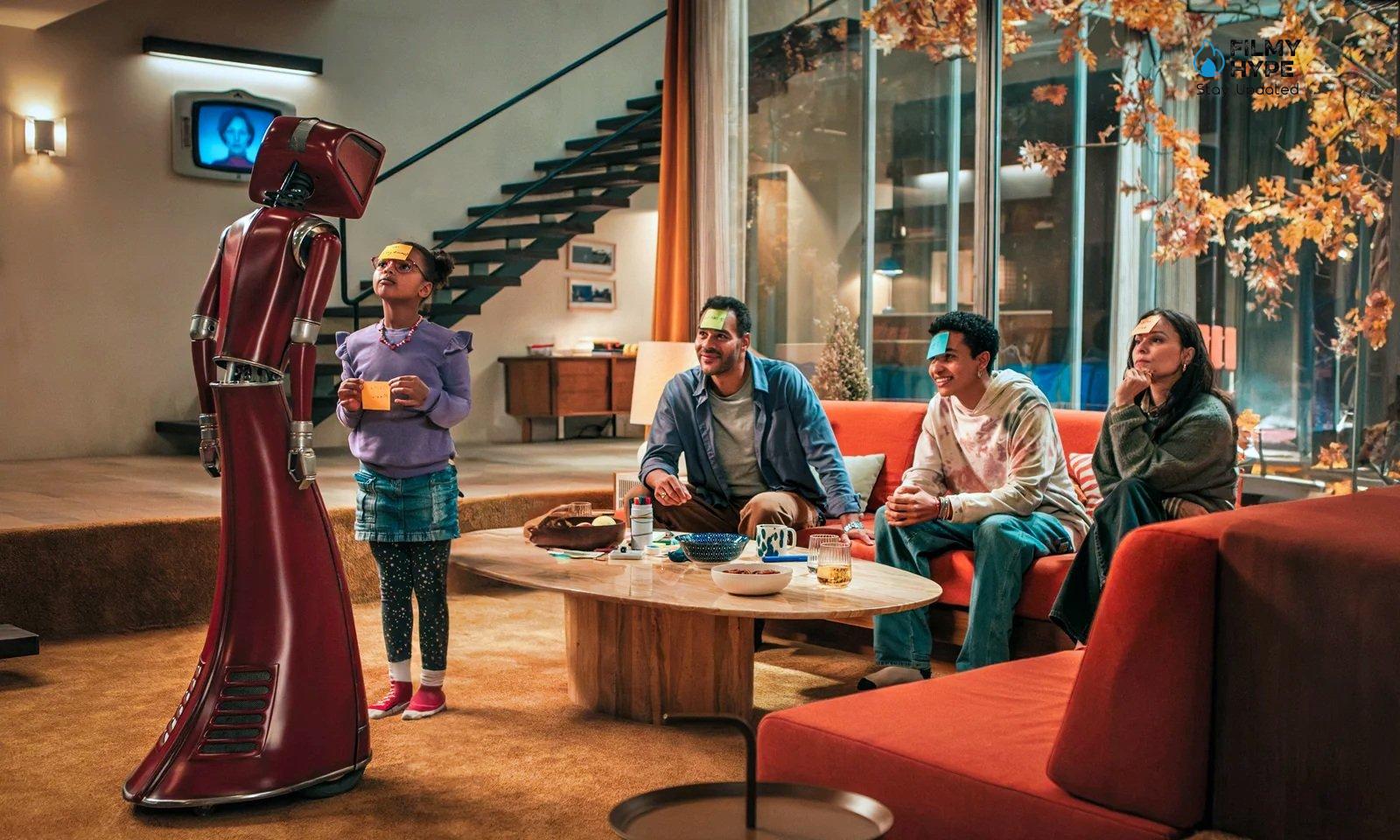
However, what convinces most of the Gutsche show is the way it digs with the lens of the genre in such complex themes to give the viewer a vision that makes you think and at the same time manages to involve a rise and fall in tension. The merit of writing that manages to skilfully dribble between the timelines of the past and present, creates a thriller structure that resembles a mosaic. All are supported by an effective group of interpreters, where an extraordinary one stands out Lavinia Wilson in the role of Cassandra in Flesh and Blood and Robotics, but also in a retro-futuristic design that acts as a glue between the aforementioned floors, with the photograph of Mortiz Kaethner contributes significantly to the atmosphere of the series, emphasizing the claustrophobic nature of the environment. The dangers of artificial intelligence in the domestic environment starring a killer digital assistant with acclaimed psychopathic tendencies that make life impossible for a poor German family in a miniseries that effectively mixes science fiction, drama, horror, and thrillers. Cassandra is a well-structured miniseries that deals with sensitive, complex, and very topical issues.
It does so with the tools, the stylistic elements, and the lens of the genre, creating a story that manages at the same time to make us reflect on the arguments raised and to involve the viewer with the mystery line and a rise and fall in tension. The rest is thought of by a captivating and functional retro-futuristic design and a truly effective cast, in which one stands out Lavinia Wilson in dusting in the dual human and robotic role. If you started Cassandra, hold on: the real one comes at the end of the third episode narrative turn. Not as brave as it could have been, but straight for the future of the narrative. From there, until the conclusion, everything will grow with the arrival of a fundamental moment in which technological development will affect life itself. I don’t tell you more to avoid spoilers, but know that this is the real, main theme explored in every direction by Cassandra. The protagonist, the actress Lavinia Wilson who plays Cassandra, gives us an excellent interpretation. Interesting the soundtrack, with some classics from the years ‘60 and ‘70. Also interesting is the choice to keep archives on paper in a world so technological and dependent on computers, highlighting in this and also at other times the contrast between analog and digital, which is still part of our lives. For the time being, at least.
From science fiction with the starting point that inspired many novels, short stories, films, and TV series, Cassandra expands to family drama, to the thriller, to a part of teen drama that concerns the younger protagonists, in an alternation between present and past. There are many issues, from the ethics of technological development al bullying, from sacrifice for children at moral limits in the search for ’immortality, always the forbidden dream of man. The fact that Cassandra dates back half a century – does – with a contemporary setting that makes us do it raids in the past, which seems very far away but from certain points of view it is not – it works in creating an expectation from the public. We wonder what technological limits Cassandra has, getting answers as the narration continues on a horizon of coherence that rehabilitates the script making us almost forget the slips. The choice to create a paranoia climate, so that those who did not believe the words of others before finding themselves not believed, is effective and raises the stakes.
Cassandra Series Review: The Last Words
Cassandra is a psychological thriller that blends horror and science fiction to tell a story of obsession and control. AI becomes the reflection of toxic dynamics and the weight of social expectations, especially female ones. Direction builds increasing tension, while claustrophobic photography emphasizes anguish. Lavinia Wilson is extraordinary in the dual role of Cassandra, human and digital, while Mina Tander holds the film with a magnetic intensity. Between suspense, social criticism, and a dose of pure terror, the series manages to keep glued to the screen until the last episode. This exploration of a classic theme of science fiction, there rebellion of machines to man, is mainly declined on maternal love. What is a mother willing to do to protect her children? The true question around which Cassandra revolves is this, while the narration goes in crescendo, adding moral and ethical dilemmas proposed to the viewer. The staging is cured, and the script – despite some slips in the banality of the politically correct – has the right climax towards the finale. On the notes of a German song which, although the subtitles have not been inserted, reads “I am not afraid”.
Cast: Mina Tander, Lavinia Wilson, Filip Schnack, Franz Hartwig, Joshua Kantara
Created By: Benjamin Gutsche
Streaming Platform: Netflix
Filmyhype.com Ratings: 4/5 (four stars)


